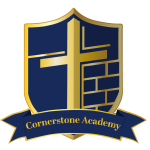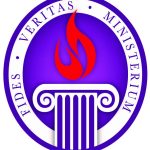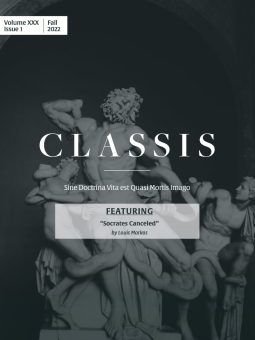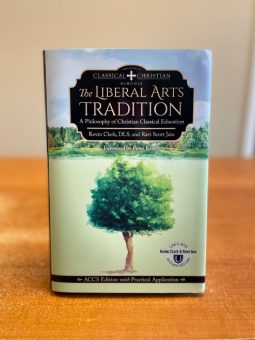Social Studies vs. History and Philosophy
Historical Events are taught in a rich context of literature, ideas, and theology.
Social Studies
“Social studies” and history textbooks offer an oversimplified and modern interpretation of history. These courses are information-oriented with “teach and test” methods. Historical literature is not covered, except occasionally as part of a literature class. Literature is not aligned with the history curriculum. Students are supplied a limited view, and are guided by the textbook into how to think about historic events. Christian principles, if present, are superficial.
- Students are given a basic timeline of historical events, when in actuality they are taught that history really begins with George Washington.
- Students take a multiple-choice tests on a particular set of historical content, mainly to memorize dates, events, and prescribed heroes to that historical narrative.
- Teachers see their job as primarily meant to “present the facts” and students their job to retain them, at least until the next test.
The Bottom Line:
The study of history is at a new low in the academy. Inside Higher Ed reports that “there were 34,642 history degrees conferred in 2008, according to federal data. In 2017, the most recent year for which data are available, there were 24,266.” History is declining as a study because it has ceased to produce any fruit, intellectual, moral, or otherwise. History majors at the modern University produce the very social studies teachers teaching in modern Christian schools—the study of history will continue to spiral if the modern approach to historical teaching persists.
The Results:
There is a great irony in the way modern history is taught in social studies courses: the more history is seen as mere fact retention; the less students know about history. In a recent ACTA survey of college graduates, for instance, “only 20.6% of respondents could identify James Madison as the Father of the Constitution,” while more than 60% thought the answer was Thomas Jefferson.” Historical studies which are not framed in the deep context of western civilization will not be remembered after the fill-in-the-blank test.
History and Ideas
CCE views the study of history as a way to witness the universal Truth of the gospel as it plays out in the circumstances of humanity. History, literature, philosophy, and theology are pursued together to create a rich experience with history throughout time. Ideas and their consequences are in clear view. Students understand the broader influence of culture and thought, along with facts, to build knowledge and wisdom. Original sources are generally used instead of textbooks. We emphasize the cultural and religious influences present throughout history and understood in philosophy and literature.
- Teachers and students see History as necessarily linked to how God has ordered the world through particular events.
- Every historical event is taught in relation to a rich context of literature, ideas, and theology.
- Students are often prompted to write essays that make historical judgments using original sources, not to spout facts featuring the modern pieties of a text book.
The Bottom Line:
Students with a rich understanding of history are not doomed to repeat the moral and intellectual errors of those who came before them. They are equipped to address “new” or “progressive” social trends when they arise. After all, “there is nothing new under the sun,” and it is no different with the study of history today.
The Results:
Classical education intends to prepare students who will approach issues and ideas with a well-developed understanding of human nature and ethics.






